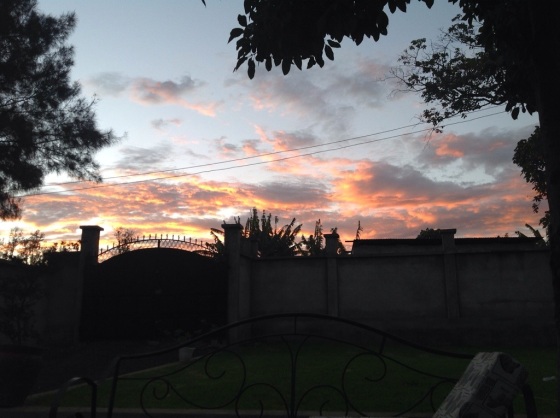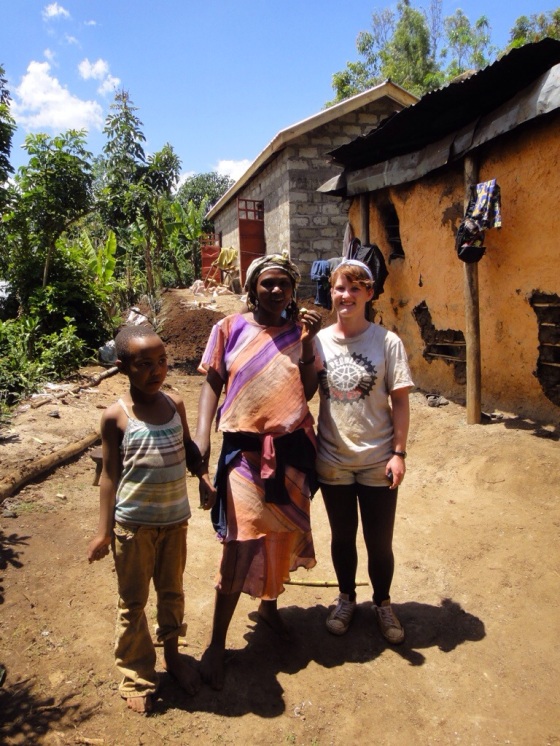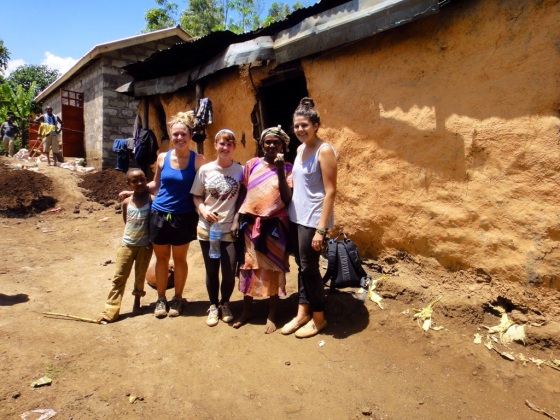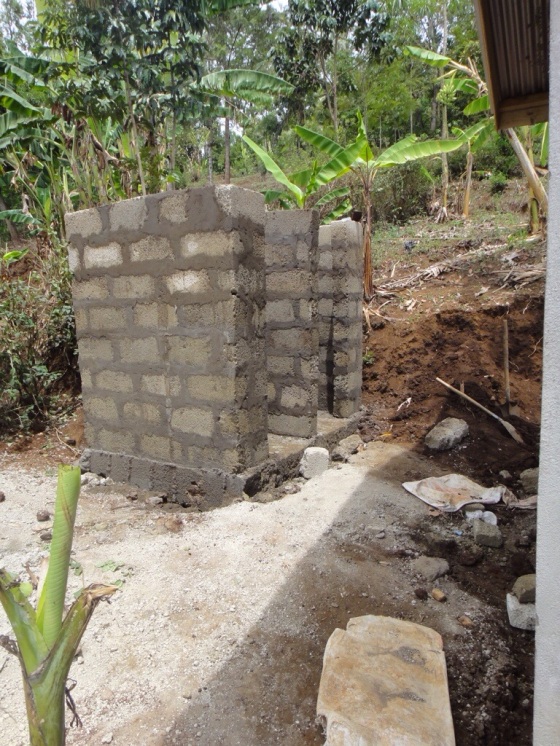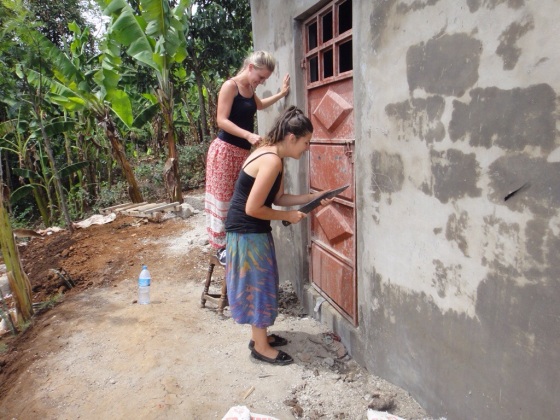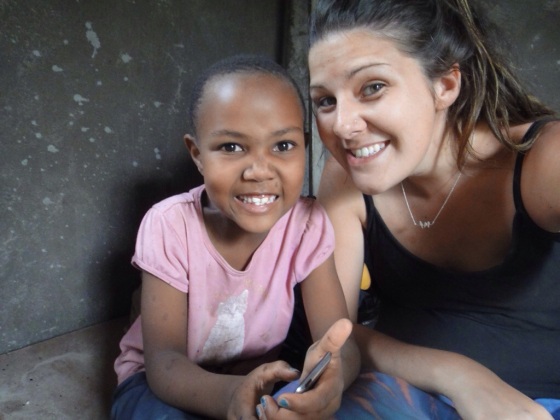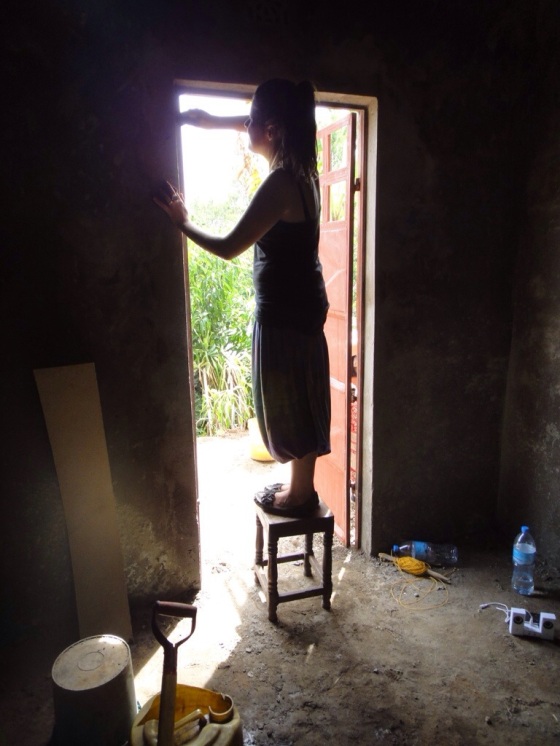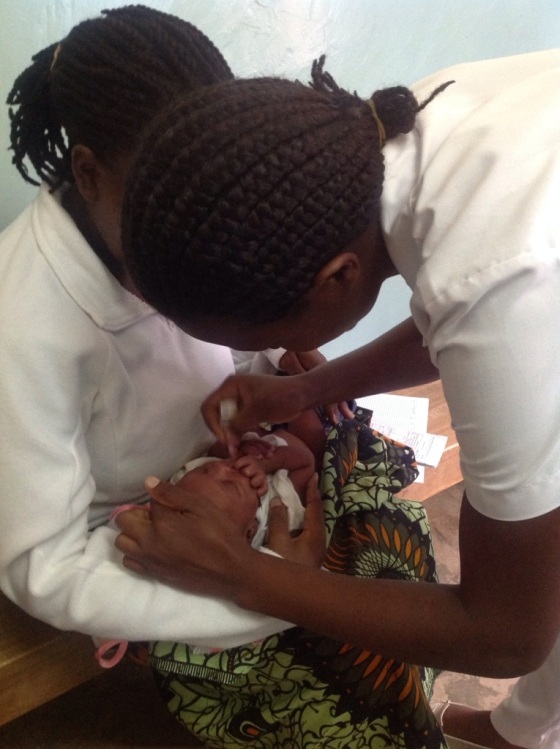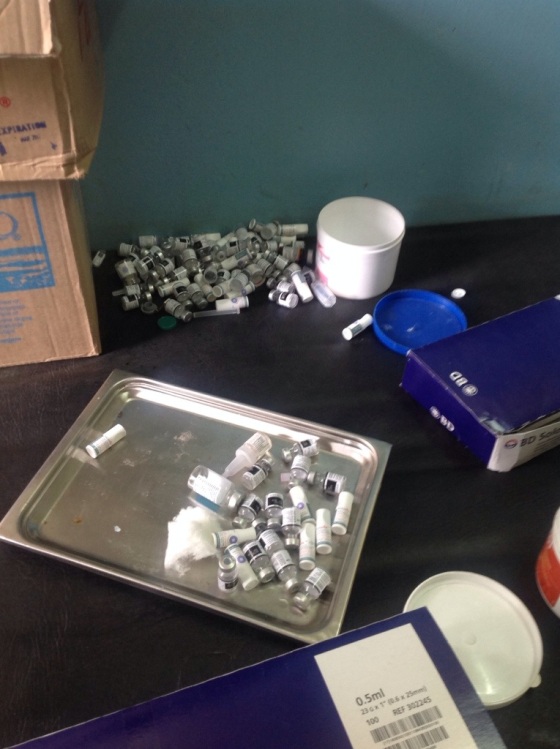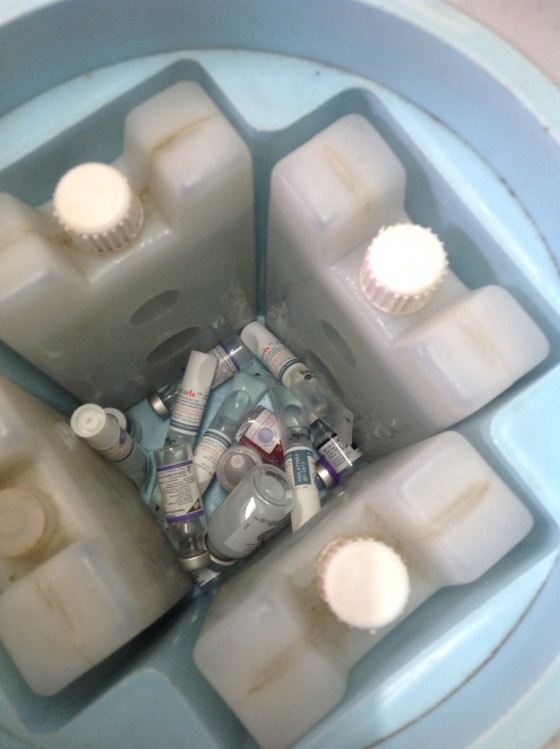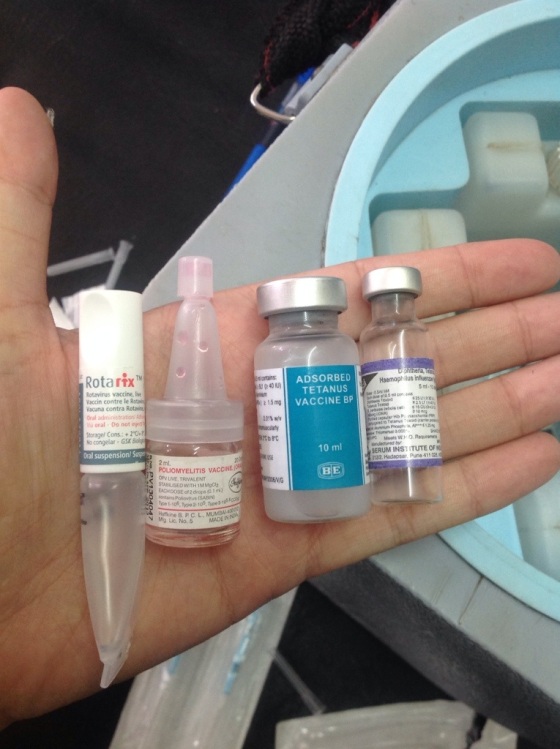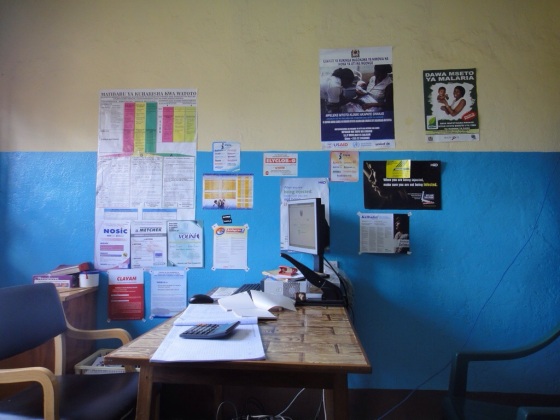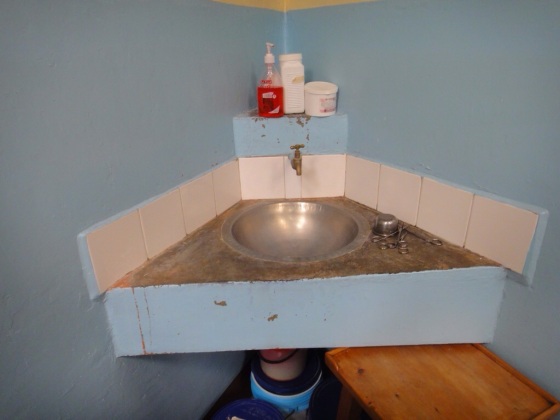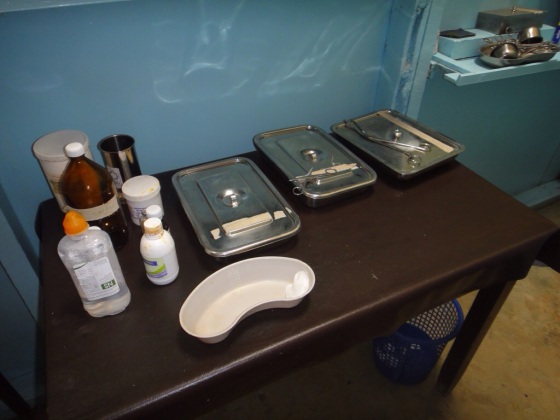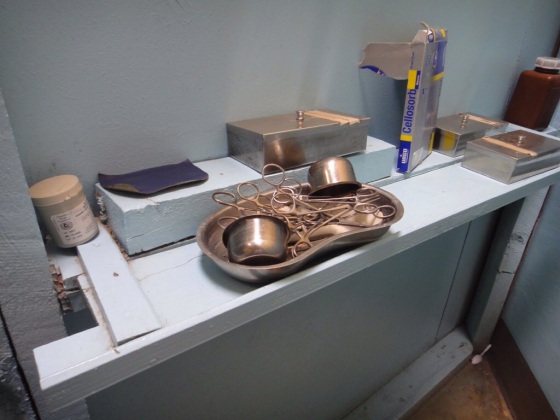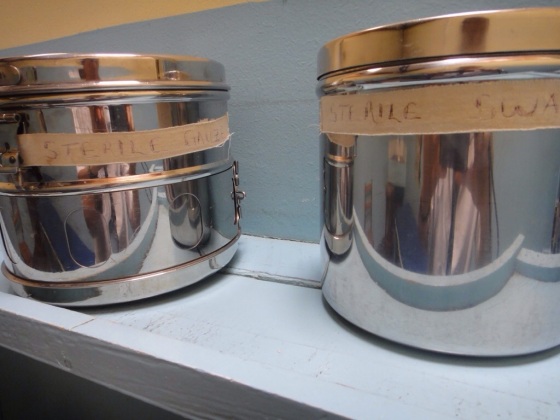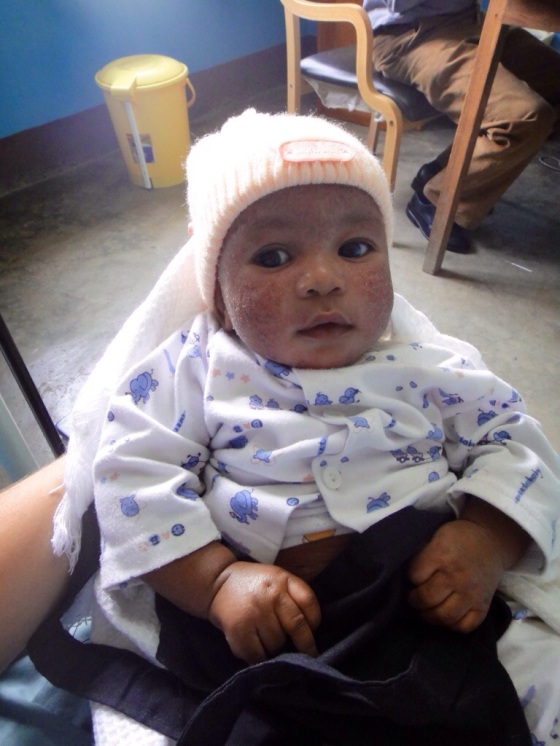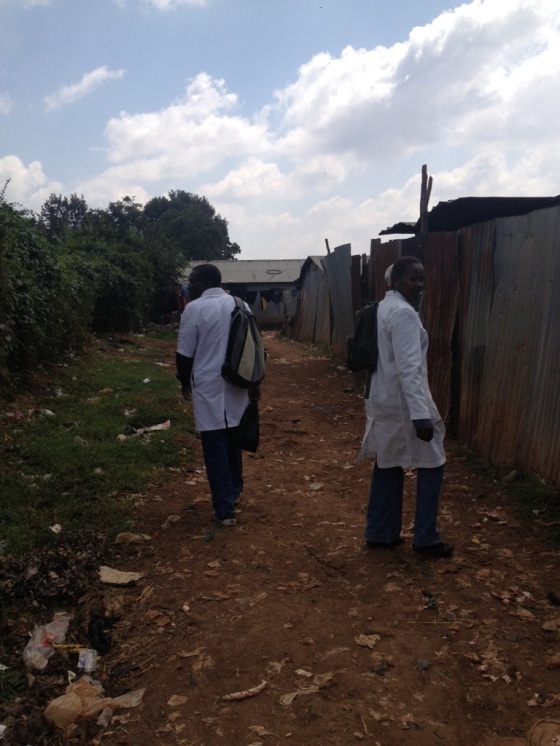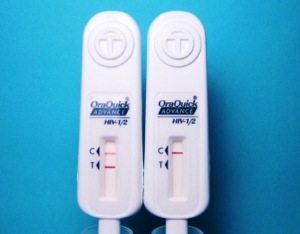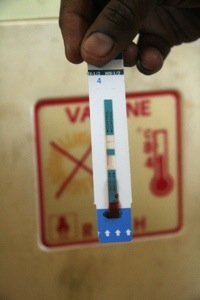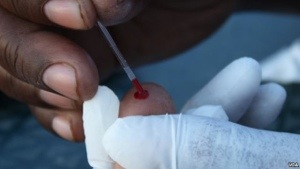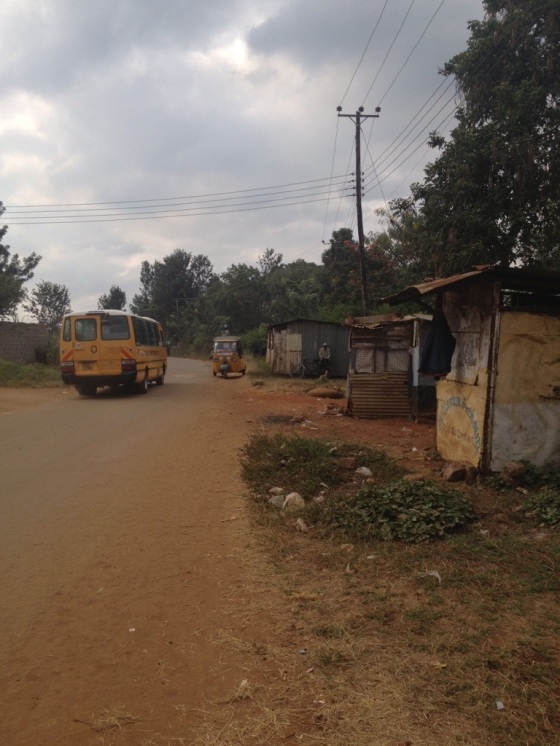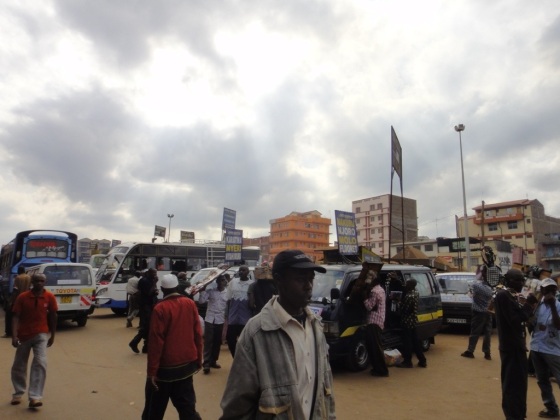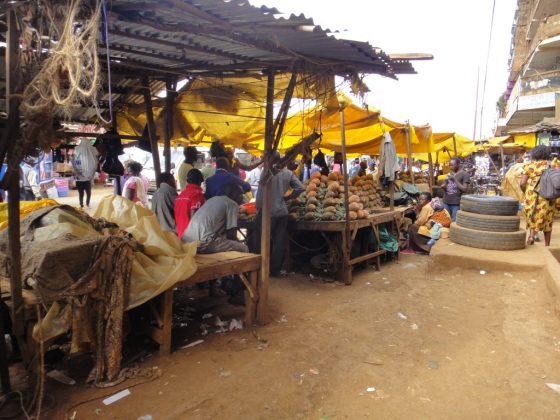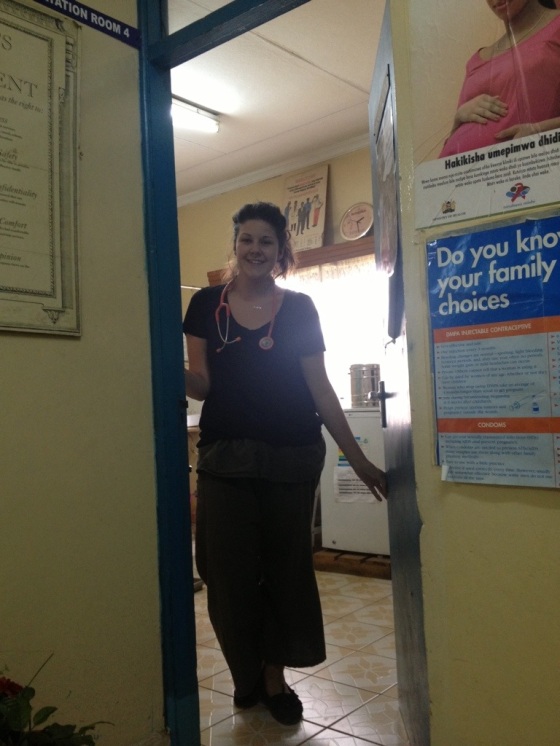huge apologies to those of you wondering where I’ve dropped off the face of the earth to, it has been so long since I’ve written an update.
to be honest, it’s because I haven’t had lots to write home about. I mean, I could’ve easily written about the severe diarrhoea I’ve had off an on for the past couple of weeks and the very intimate relationship I’ve had with the toilets in my house (sorry, oversharing is caring), but I’m pretty sure that’s not what you want to read about. bit just a little on that topic, this is now my sixth month in africa, and seventh month away from home, I can’t believe I’m still dealing with such a temperamental stomach. someone please remind me to enquire about an entire gastrointestinal transplant when I get home. one of my friends I made volunteering in kenya, richard (who’s a fellow aussie), uploaded an instagram picture and used the quote “used my butt as a trumpet filled with soup” when he and a mate were sick. it couldn’t be more true.
okay sorry, enough ‘toilet talk’. but being sick and confined to either my bed or a toilet has made time absolutely fly – I’ve already been in tanzania for a month now.
for a couple of my weekends here, I’ve spent my saturdays helping a really lovely girl alice, from england, help build a new house for a mama she met here in arusha when first volunteering in 2010. I got in contact with her through the tanzania volunteer group on a facebook when I was still in kenya as she was asking if anyone wanted to help out on their spare weekends. figuring I’d have not much else to do when I’m not at work, I let her know I’d be keen. long story short, I’ve been for two of the saturdays that I’ve been in tanzania helping with whatever needs help with at the house. god it is strenuous work, I don’t know how alice has been doing it at least six days a week for the last five or so weeks. incredible.
things we’ve helped to do include excavating existing dirt and clay that was piled up after digging the 12m hole for the squat toilet, hacking away at the existing clay retaining wall behind the new house, scrape off concrete from the newly installed doors and window frames, sanding down said doors and window frames with a piece of sandpaper and a machete and a steel wire brush, painting the doors and window frames… it has been amazing to be a small part of such a huge project. click here to check out alice’s website for a much more detailed re-cap of all she’s achieved.
work at my clinic has still been quite interesting, including a day of working solely with a midwife doing fundal height measurements and listening for a heartbeat with an archaic tool that looks like a funnel, as well as spending time doing ‘growth and monitoring’ on bubs, which occurs every month until about the age of 4 years. it’s a bloody great system – they have a scale suspended from the ceiling (like you see in the fruit and veggie shop) and all the mothers hand make these little jumpsuit things that has a loop that hooks onto the scale, so their bub is suspended (which most of the kids hate) but it’s fast, efficient and easy. I’d then record their weight on a brochure like piece of paper and any serious abnormalities compared to the last time they were weighed, I had to report to the midwife. luckily there were no bubs on this day who were malnourished or weighed significantly less than they did a month prior. africa might be behind in a lot of things, but this is advanced to the max.
also gave polio, tetanus, and rotavirus meds/injections to newborns and as much as it was awful making them cry, at least these kids are getting vaccinated like we all were.
I really love living at the volunteer house now, obviously I didn’t when I first got here, but it’s buckets of fun and the bunch of people living here now are a great group and we all get along really well. just took a bit of getting used to living with 20+ other people. it’s so nice coming home to friends asking how your day was, as well as asking how everyone else’s days were. we all have such different experiences at our respective workplaces. I would love to visit a couple of orphanages while I’m here, apparently they’re really well orchestrated here in arusha – including a baby orphanage that I’m really looking forward to hopefully visiting.
also couldn’t be happier that I decided to buy a ukulele when I was in germany, it’s getting a good workout here in tanzania – sitting around the outside fire pit of an evening with a few beers having a singalong is probably my idea of heaven… glad there’s a scottish bloke called iain who is more than happy to join in so I’m not singing all alone. we’ve treated everyone to a rendition of “the four chord song” by axis of awesome (you should youtube it) and added extra songs in as well. but it’s making me really miss my guitar.
okay i guess now that I’ve written all that, I did have stuff to write home about. apologies for being slack.
it’s hard to believe I’m on the home stretch now, about 5 weeks until I’m back on australian soil. christmas looks like it will be loads of fun here, about 10 or so other volunteers spending the holiday in arusha – see what happens when it arrives! can’t believe I got to africa on the 30th of june and now it’s december. if anyone needs a reminder of how fast time goes, do volunteer work… it flies.

